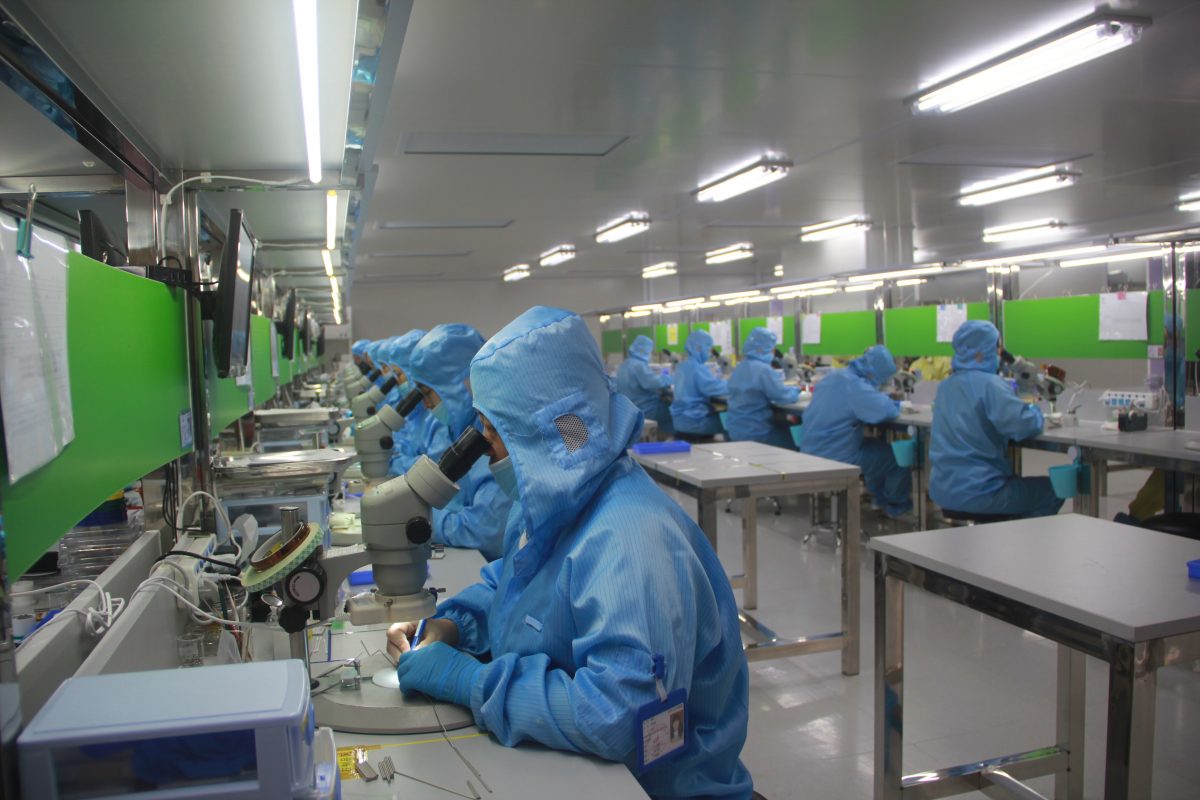In just a few weeks, 2019-nCoV has become a global crisis and there is no longer any question of it being a major pandemic. Faced with the spread of the virus and its impact, each country worldwide is dealing more or less urgently with the issue of its public health security. However, the spread of the disease and the speed of transmission need to be squared with the forms and characteristics of economic globalization, disparities in development between the world’s different regions and the highly divergent degree of their interconnectedness.
Combining a geographic approach based on mapping the global spread of the virus with the collection of data and socio-economic variables, we drew up an OLS model to identify the impact of certain socio-economic factors on the number of cases observed around the world.
Globalization and the geography of economic relations are the main drivers of the spatial structuring and speed of the international spread of the SARS-CoV-2 virus. While globalization drives the economic momentum of many regions, it also puts us in danger of numerous negative externalities that are especially apparent during the present CoViD-19 pandemic. The extremely rapid spread of the virus across the globe began in the most economically developed regions where international trade and business is prioritized. After initially following the corridors and international trade routes between developed countries, the virus spread later to developing countries.
The spatial organization of economic globalization is at the heart of the paradoxes that characterize the CoViD-19 pandemic. On the one hand, populations in the most highly developed economies were the first to be affected, which then created a context of uncertainty and aggravated risk for the least developed nations. On the other hand, access to the global healthcare market, which has become even more strained than in the usual context, is a central issue as it is driven by colossal, simultaneous demand with extremely short timeframes in a very large number of countries. Consequently, the timeframe that informs the ramifications of the pandemic is naturally a central issue in the management of any future pandemics with spatial and temporal characteristics similar to those of Covid-19.







